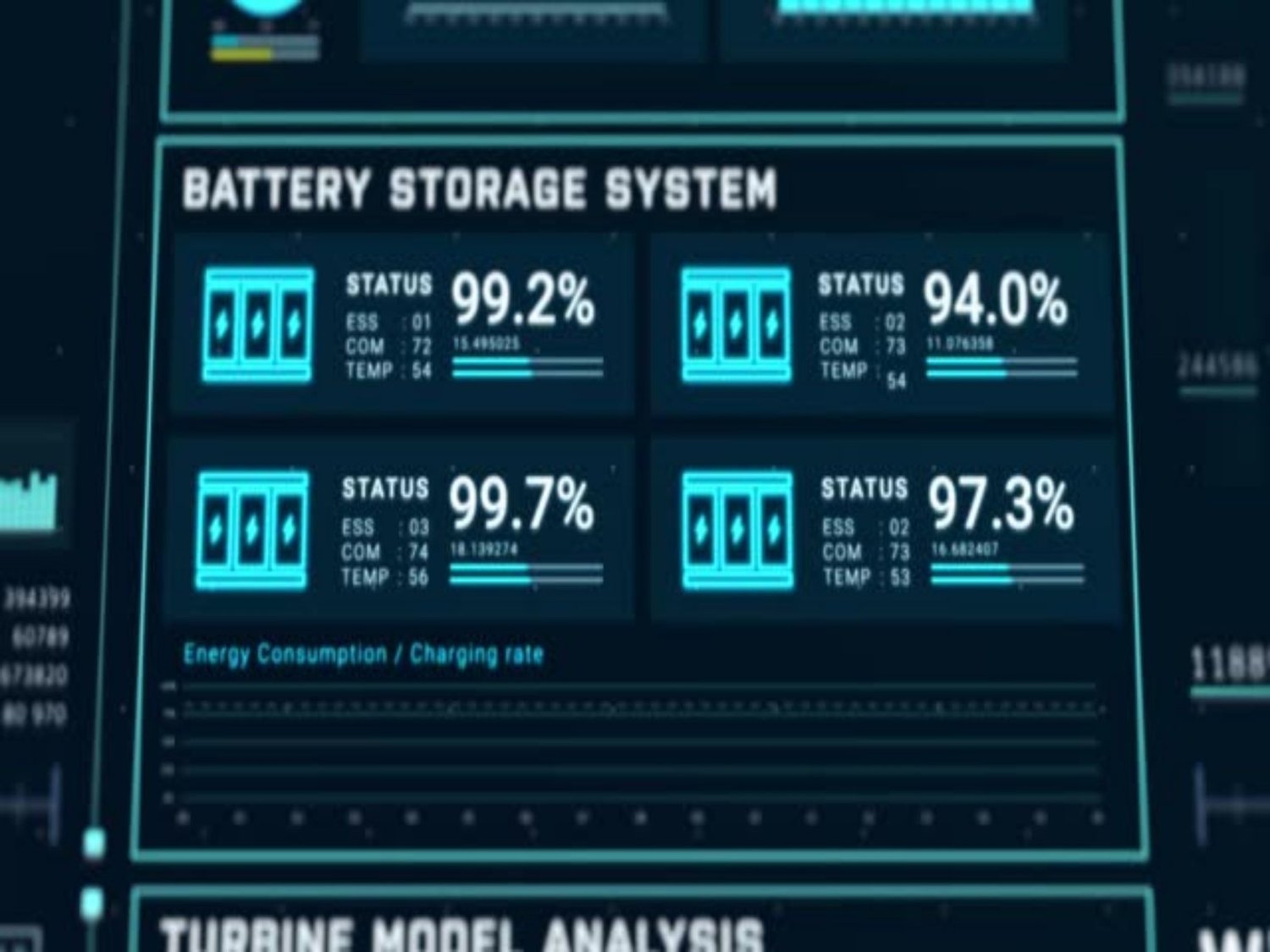The Importance of a Battery Management System
A Battery Management System (BMS) is a crucial component of any energy storage system. It plays a significant role in monitoring and controlling the performance of batteries, ensuring their optimal operation and extending their lifespan. In this article, we will explore the advantages and disadvantages of implementing a Battery Management System.
Advantage 1: Enhanced Battery Performance
A Battery Management System helps improve battery performance by constantly monitoring its state of charge, current flow, and temperature. By maintaining the battery within the recommended operating range, the BMS ensures optimal performance, maximizing energy efficiency and minimizing the risk of premature battery failure.
Advantage 2: Increased Battery Lifespan
Implementing a BMS can significantly extend the lifespan of batteries. By actively managing the charging and discharging cycles, the BMS prevents overcharging, deep discharging, and other harmful conditions that can degrade the battery's health. This leads to increased battery longevity and reduced replacement costs.
Advantage 3: Enhanced Safety of a Battery Management System
Safety is paramount when dealing with energy storage systems, and a BMS plays a vital role in ensuring it. The BMS continuously monitors the battery for any abnormalities, such as voltage fluctuations or overheating, and takes appropriate measures to prevent potential safety hazards, such as thermal runaway or short circuits.
Advantage 4: Improved Efficiency
Efficiency is a key factor in any energy storage system. By accurately measuring the battery's state of charge and controlling its charging and discharging processes, the BMS helps optimize energy usage. This results in higher overall system efficiency, reducing energy waste and lowering operational costs.
Advantage 5: Better Fault Diagnosis
With its ability to continuously monitor various battery parameters, a BMS can quickly detect and diagnose any faults or malfunctions. By providing real-time data on battery performance, the BMS enables prompt identification and resolution of issues, minimizing downtime and maximizing system reliability.
Disadvantage 1: Cost of a Battery Management System
One of the main disadvantages of implementing a Battery Management System is the additional cost associated with it. BMS technology can be relatively expensive, especially for large-scale energy storage systems. However, it is important to consider the long-term benefits and cost savings that a BMS can provide through improved battery performance and longevity.
Disadvantage 2: Complexity of a Battery Management System
Integrating a BMS into an energy storage system adds complexity to the overall design and operation. The BMS requires sophisticated algorithms, sensors, and communication interfaces to effectively monitor and control the battery. This complexity may increase the system's vulnerability to potential technical issues or compatibility challenges.
Disadvantage 3: Maintenance and Upkeep
A Battery Management System requires regular maintenance and upkeep to ensure its proper functioning. This includes periodic calibration, software updates, and sensor replacements. Failure to maintain the BMS can result in inaccurate readings, reduced performance, and potential safety risks.
Disadvantage 4: Limited Compatibility
Not all batteries are compatible with every type of Battery Management System. Different chemistries, voltages, and capacities may require specific BMS configurations. It is crucial to ensure compatibility between the battery and the BMS to avoid any potential issues or limitations in performance.
Disadvantage 5: Overreliance on the BMS
While a Battery Management System is essential for optimal battery performance, relying solely on the BMS for battery management can be a disadvantage. It is important to have backup protection mechanisms in place in case of BMS failure or malfunction. Redundancy measures, such as fuses or circuit breakers, should be implemented to ensure system safety.

